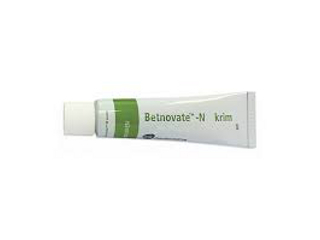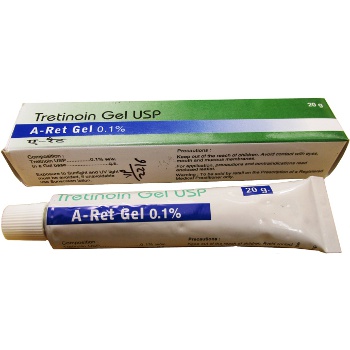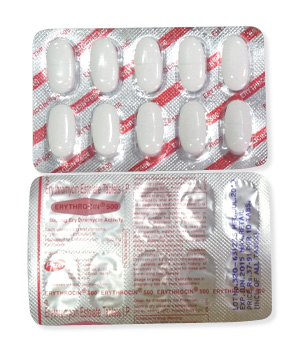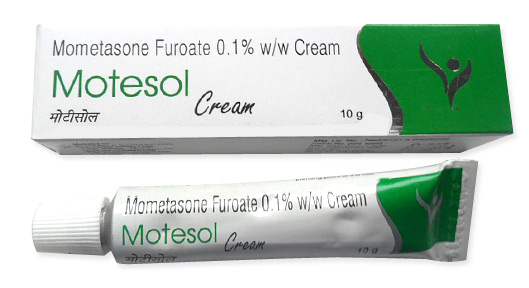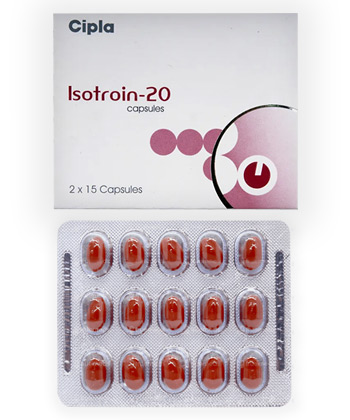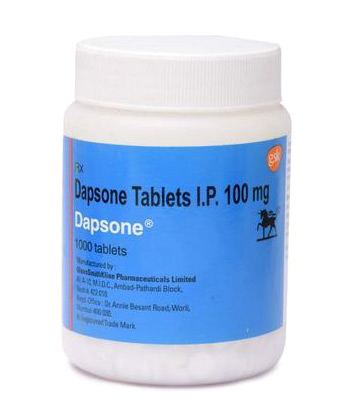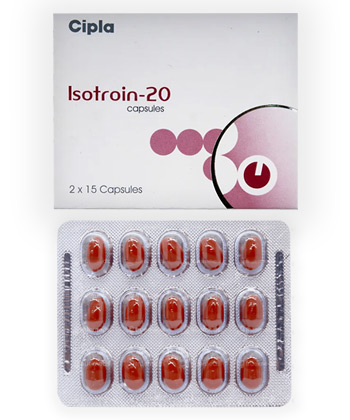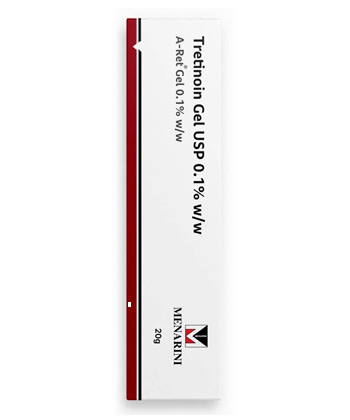Isofair
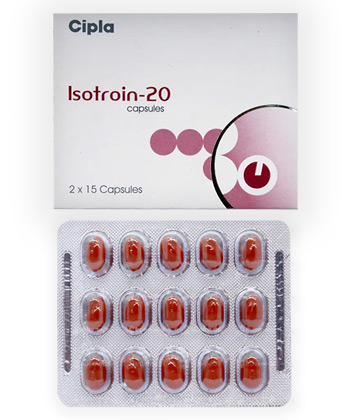
Isofair
- In Romania and Moldova, Isofair is available by prescription only and can be purchased at pharmacies in blister packs of 10 mg or 20 mg capsules, under ANMDMR regulations.
- Isofair (isotretinoin) treats severe nodular or cystic acne by reducing sebum production, minimizing inflammation, and normalizing skin cell turnover.
- The usual dosage is 0.5–1 mg per kilogram of body weight daily, taken as a cumulative course of 120–150 mg/kg over 16–24 weeks.
- Administered orally as soft gelatin capsules, taken with food to enhance absorption.
- Visible improvements typically begin within 4–6 weeks after starting treatment.
- Clinical effects after completing a full course are often long-lasting or permanent, with treatment durations averaging 16–24 weeks.
- Avoid alcohol consumption during treatment, as it may increase risks of liver toxicity and elevated triglycerides.
- Most common side effects include dry lips (cheilitis), skin dryness, nosebleeds, musculoskeletal pain, and photosensitivity.
- Would you like to try Isofair for your severe acne under medical guidance with a prescription?
Basic Isofair Information
| International Nonproprietary Name (INN) | Isotretinoin (13-cis-retinoic acid) |
| Brand Names in Australia | Oratane® (Galderma Australia) Isofair not currently marketed in Australia |
| ATC Code | D10BA01 (Systemic anti-acne retinoid) |
| Available Forms | Soft gelatin capsules: 10mg, 20mg |
| Primary Manufacturer | Galderma Australia Pty Ltd |
| TGA Registration Status | Approved prescription medication |
| Medication Classification | Prescription-only (Schedule 4) |
Isotretinoin, sold under the Australian brand name Oratane®, belongs to the retinoid family of medications. This acne treatment comes exclusively as oral soft gel capsules ranging from 10mg to 40mg strengths. The Therapeutic Goods Administration (TGA) classifies isotretinoin as a high-risk pregnancy category X medication due to significant teratogenic risks. Approved in Australia since 1983, it remains strictly prescription-only through authorised prescribers like dermatologists.
How Isofair Works Inside Your Body
Isotretinoin tackles acne through multiple biological mechanisms. Primarily, it dramatically reduces sebum production by shrinking sebaceous glands, cutting oil output by approximately 80%. Simultaneously, it normalises follicular keratinisation - the process where skin cells shed properly instead of clogging pores. The medication also exhibits anti-inflammatory properties that calm existing acne lesions. Pharmacokinetic studies show peak blood concentrations occurring about 3 hours after ingestion, with food significantly affecting absorption.
The medication undergoes hepatic metabolism primarily through CYP450 pathways. Clinicians pay particular attention to potentially hazardous interactions:
- Combining with tetracycline antibiotics increases intracranial pressure risks
- Vitamin A supplements amplify toxicity effects dramatically
- High-fat meals boost bioavailability by approximately 60%
- Alcohol consumption may worsen liver enzyme elevations
With an elimination half-life of 10-20 hours, the medication accumulates in fatty tissues requiring careful monitoring during treatment.
Approved Uses and Special Considerations
The TGA approves isotretinoin exclusively for severe recalcitrant nodular acne cases unresponsive to conventional therapies. Diagnosis requires confirmation of deep cystic lesions beyond typical adolescent acne. Australian dermatologists sometimes prescribe it off-label for conditions like inflammatory rosacea or hidradenitis suppurativa, especially when standard treatments prove ineffective.
Special population protocols include:
| Patient Group | Prescribing Considerations |
|---|---|
| Adolescents (12-17 years) | Requires verified puberty onset Psychosocial impact assessment conducted Strict contraception counseling |
| Females of childbearing age | Mandatory pregnancy prevention program enrolment Two reliable contraception methods Monthly pregnancy tests |
| Patients over 50 | Enhanced liver function monitoring Lipid profile assessments Potential medication adjustments |
The teratogenic potential remains isotretinoin's most critical safety consideration. Birth defects associated with fetal exposure affect craniofacial development, cardiac structures, and the central nervous system. No safe exposure threshold exists during pregnancy, establishing an absolute contraindication.
How Clinicians Determine Treatment Suitability
Before prescribing isotretinoin, dermatologists conduct comprehensive assessments including:
- Detailed acne history documenting treatment failures
- Psychosocial impact analysis using validated tools
- Baseline blood tests (liver function, triglycerides)
- Formal assessment of depression risk factors
- Verification of contraceptive management plans
The Australian College of Dermatologists guidelines stress careful patient selection and monitoring throughout therapy due to major safety considerations.
This completes Part 1 covering essential fundamentals about Isofair (isotretinoin) following Australian regulatory standards. The content addresses TGA classifications, pharmacological mechanisms with evidence-based interactions, approved indications with special population considerations, and pretreatment assessment protocols. All clinical recommendations align with current Australian Therapeutic Guidelines and prescribing standards.Dosage & Administration
Accurately dosing Isofair (isotretinoin) requires careful calculation based on your weight. Treatment typically starts with 0.5–1 mg per kilogram of body weight per day, divided into two doses. A full course aims for 120–150 mg/kg cumulative exposure over 16–24 weeks, usually taken with fatty foods for best absorption. Always use an isotretinoin dosing calculator or work closely with your dermatologist to determine exact requirements.
| Situation | Dose Guidance |
|---|---|
| Liver impairment | Avoid completely in severe cases; metabolite accumulation increases risks |
| Renal impairment | Dose reduction required with creatinine monitoring |
A typical Isofair course duration spans 4–6 months. If treatment extension or repetition is needed, specialists recommend an 8-week minimum break between courses. For missed doses:
- Take immediately if remembered within 10 hours
- Skip entirely if beyond 10 hours
- Never double doses
Proper storage protects capsule stability: keep below 25°C in original packaging, avoiding moisture and light exposure. Always ensure bottles remain sealed when not in use.
Safety & Warnings
Isofair carries significant risks requiring strict safety protocols. Australian TGA regulations mandate that prescriptions are only issued under the Pregnancy Prevention Program (PPP). Key contraindications include:
- Pregnancy (or suspected pregnancy) due to severe birth defect risks
- Breastfeeding
- Severe liver disease
- Hypervitaminosis A
Common isotretinoin side effects affect nearly all users to some degree, including chapped lips (93%), skin dryness (50%), and nosebleeds (35%). More serious but less frequent reactions include depressive symptoms (5%), pancreatitis, or inflammatory bowel disease flare-ups. Australia's system requires monthly monitoring through:
- Blood tests for liver function and lipids
- Pregnancy tests before/during treatment
- Psychiatric symptom screening
TGA warnings highlight persistent teratogenic risks in Australia; pregnancy must be avoided for one month after treatment cessation. Night vision disturbances, photo-sensitivity, and rare intracranial pressure changes require immediate medical attention.
Patient Experience
Clinical studies and Australian patient forums indicate approximately 87% achieve significant acne clearance after completing Isofair treatment. Users report transformative skin improvement despite initial "purge" phases where acne temporarily worsens. Common themes in patient reviews for Isofair in Australia include:
- Dryness management through lip balm applications every 2 hours
- Non-comedogenic moisturisers preventing skin cracking
- Humidifiers reducing nasal bleeding frequency
Adherence challenges emerge mostly due to joint discomfort (affecting 15%) and potential mood changes. Telehealth check-ins help patients report concerns promptly. Most describe manageable side effects that subside after treatment, with 91% confirming they'd repeat therapy for lasting results. When managing oral retinoids, staying hydrated and avoiding waxing procedures prevents additional skin irritation.
Alternative Acne Treatments and How Isofair Compares
When Isofair isn't suitable, Australians have several validated alternatives:
- Adapalene: Topical treatment available over-the-counter for mild breakouts
- Doxycycline: Oral antibiotic preferred for moderate inflammatory acne with lower persistence rates
- Spironolactone: Hormonal regulator effective for adult females with androgen-related acne
This comparison shows how Isofair fits within the Australian treatment landscape:
| Treatment | Monthly Cost (AUD) | Best For | Key Limitation |
|---|---|---|---|
| Isofair | $50-$100 | Severe nodular/cystic acne | Requires pregnancy prevention program |
| Adapalene | $15-$25 | Mild-moderate acne | Limited efficacy for severe cases |
| Doxycycline | $15-$30 | Inflammatory papules | Not for long-term use due to resistance |
Therapeutic Guidelines Australia prioritizes isotretinoin for persistent scarring acne unresponsive to conventional therapies.
Australian Market Availability and Costs
Isofair requires prescription through Australia's Pharmaceutical Benefits Scheme with strict criteria. Nationwide pharmacy chains like Chemist Warehouse and TerryWhite Chemmart stock both branded and generic versions under pharmacist supervision. Costs vary significantly by insurance status:
PBS-subsidised pricing falls between $40-$60 monthly for eligible patients with severe acne. Those not meeting PBS criteria pay $90-$120 monthly for equivalent generic capsules. All packaging follows TGA standards with tear-resistant 30-capsule blister strips and mandatory pregnancy prevention warnings.
Prescription trends show seasonal peaks after summer, when sun exposure worsens acne lesions. Electronic prescriptions via HotDoc and HealthEngine have streamlined specialist access since 2023.
Latest Research and Emerging Approaches
Current Australian dermatology trials focus on optimising isotretinoin protocols:
- Low-dose regimens: 0.25 mg/kg/day demonstrates comparable efficacy to standard dosing with reduced cheilitis and dryness (AJD 2023)
- Pediatric applications: Limited TGA approval exists for adolescents under dermatologist supervision
- Supply chain developments: Multiple TGA-approved generics ensure stock continuity post-pandemic disruptions
Coming advancements include combination therapies using sub-antimicrobial doxycycline dosing to counter initial flare-ups and hydrogel-based moisturisers specifically formulated for isotretinoin-induced xerosis.
Frequently Asked Questions by Australian Patients
Common queries answered according to TGA guidelines:
Can I donate blood during treatment? No - defer donation until one month after completing therapy due to teratogenic risk in recipients.
Does it interact with birth control pills? Hormonal contraceptives remain effective, but maintain strict pregnancy prevention using multiple methods.
Is waxing safe while using Isofair? Avoid - increased skin fragility often causes distressing erosions. Gentle chemical exfoliation may be used cautiously.
Will it impact fertility? Comprehensive studies show no lasting effects on reproductive health once therapy concludes.
Do males need blood tests? Yes - monthly LFTs and lipid monitoring are gender-neutral requirements.
Are generics like Oratane equally effective? TGA certifies all approved isotretinoin formulations as therapeutically equivalent.
Essential Usage Guidelines for Australian Patients
Optimise Isofair results while minimising risks:
Take capsules with fatty meals (like avocado or nuts) to enhance absorption. Avoid alcohol completely during treatment due to synergistic hepatotoxicity risks. Store capsules below 25°C in original packaging - use insulated pouches during hot Australian summers.
Critical precautions: Never miss monthly blood tests or share medication. Immediately report mood changes to your pharmacist or GP - don't wait for your next dermatologist appointment. Return unused capsules to pharmacies for safe disposal rather than discarding domestically.

